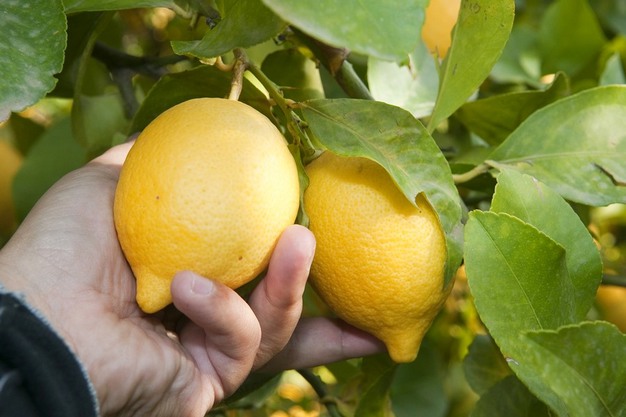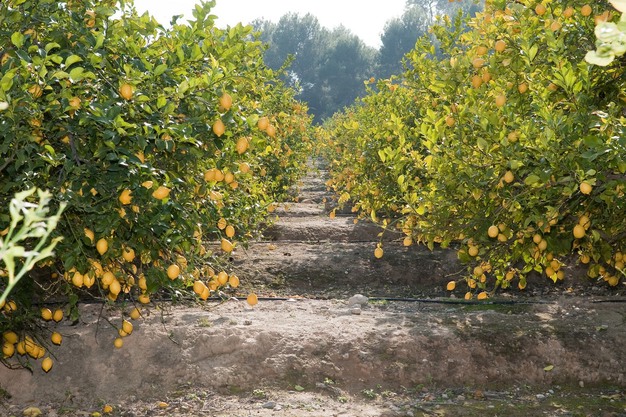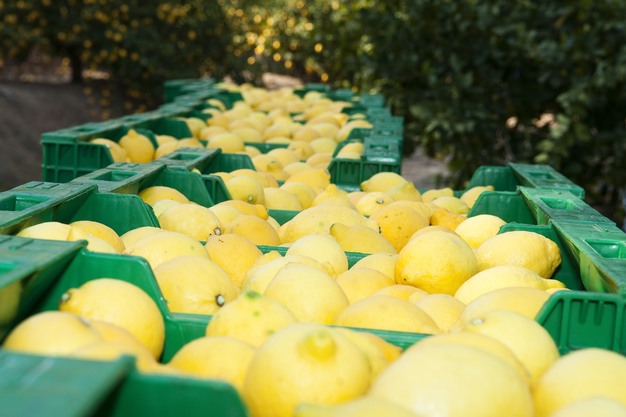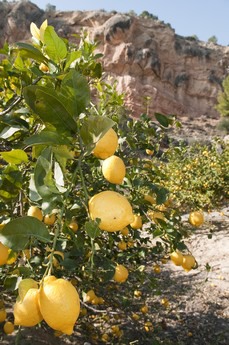To ensure a correct application of the Supply Chain Law, it is essential to determine what the production costs are, but these are often difficult to calculate, because they depend on many factors and averages may not reflect the reality of each producer. Lemon cultivation is not alien to this.

According to La Unió, the unit production cost of Fino lemons in 2018, when a pandemic and a war in Europe were unthinkable, was 0.18 €/kg. More recently, researchers from IMIDA conducted a study on the costs of the main organic crops in the Region of Murcia, and the cost of Fino lemons was set at 0.25 €/kg. In the most recent campaign, ASAJA Alicante estimated the cost at between 0.32 and 0.35 €/kg.
These figures are disparate, but have one thing in common: all of them, even those corresponding to 2018, when the great rise in input prices had not yet occurred, are higher than today.

In fact, the Prices and Markets Observatory of Andalusia reported prices of 0.14 €/kg on week 9; the Council of Agriculture of the Region of Murcia informed of average prices of 0.13 €/kg last week, and in the Region of Valencia, prices have ranged between 0.05 and 0.15 €/kg, according to the regional Council. Meanwhile, the Spanish Ministry of Agriculture, taking into account the national average, reported an average price at origin of 0.126 €/kg.
"In light of this, what we need to do now is to try promoting the consumption of lemons, so that demand increases and prices can recover," says Juan Antonio Martínez, manager of Toñifruit. "We have a fruit that, when it comes to fresh consumption, is irreplaceable. No other product used for the aroma of its zest or the freshness of its juice to enhance the flavor of meals can replace lemons. And that's what we need to convey to the consumer".

"The key to making this happen lies with the supermarket chains and the buying managers' decisions"
"Spain is one of the European countries with the highest consumption rates, with an average of about 2 kilos per inhabitant per year. This figure is even higher in the Region of Murcia, which accounts for most of the production. Turkey's per capita average can easily double ours, but in Europe, where most of our export volumes go, consumption is, broadly speaking, half that of Spain. The conclusion is that there is still plenty of potential for lemon consumption to increase," says Juan Antonio.
 "It's time to put communication into practice: lemon has powerful antioxidant properties, it contains a large amount of vitamin C and helps strengthen the immune system; and on top of that, it's refreshing. Also, the significant volume available in Spain this campaign should be an advantage for the consumer. If chains apply fair margins, any European will be able to take home an excellent product at a low price, thereby facilitating a more frequent use of lemons."
"It's time to put communication into practice: lemon has powerful antioxidant properties, it contains a large amount of vitamin C and helps strengthen the immune system; and on top of that, it's refreshing. Also, the significant volume available in Spain this campaign should be an advantage for the consumer. If chains apply fair margins, any European will be able to take home an excellent product at a low price, thereby facilitating a more frequent use of lemons."
"The key to making this happen lies with the supermarket chains and the buying managers' decisions, who can choose to support producers through promotions to boost sales, and even offer buyers in stores information about the benefits and different ways to consume lemon on a daily basis."
Spain can, of course, be considered a local lemon supplier within the European market, as well as a producer that guarantees food safety (as evidenced by the lack of RAFF alerts concerning Spanish lemons) and sustainability. In fact, Spain accounts for 41% of the world's total organic lemon acreage according to AILIMPO. "If consumption could increase, it would be beneficial for the chains and, above all, for us."
 For more information:
For more information:
Toñifruit
Parque empresarial Cabecicos Blancos
C/ Molino Grande, buzón 22
30892 Librilla. Murcia, Spain
Tel.: +34 968 071 056
info@tonifruit.com
https://tonifruit.com
